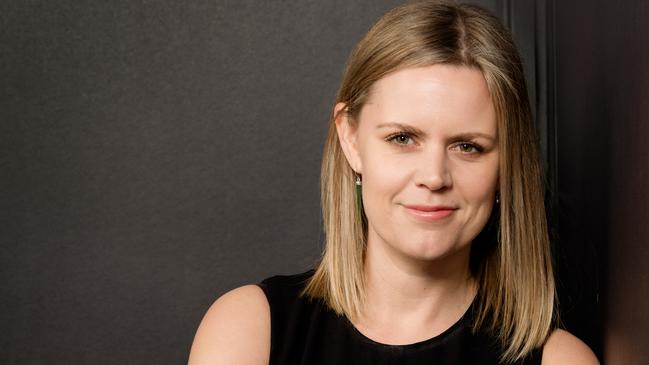Why an MBA won’t get you through today’s business world
It used to be the go-to degree but is the MBA much use in a changing world?

“I hire people in spite of an MBA, not because of one.” Elon Musk
In December 2020, Elon Musk made waves at the Wall Street Journal chief executive summit. Decrying the “MBA-ization” of executives, Elon argued that today’s top leaders spend too much time in front of spreadsheets and in meetings, and not enough time thinking creatively and making things happen.
Musk’s comments tap into a growing scepticism with traditional business education. While an MBA was once a safe bet for career progression, studying management finance in the weekend no longer makes much sense.
A 2019 World Economic Forum report revealed that fewer than half of chief HR officers are confident their workforce strategy prepared them for the future. Deloitte’s Readiness Report, from the same year, claimed that only one in four business leaders were highly confident their workforce has the skill sets needed for the future – and this was all before we’d heard the word coronavirus.
The strategic capacity of our leaders is the single-most important determinant of personal and organisational success. We’re quick to criticise in hindsight – why didn’t Kodak see the digital camera coming? How could Blockbuster underestimate Netflix? – yet we continue to invest in skills that hold us back, neglecting the things that make a real difference.
MBA courses might be useful to optimise a supply chain or interpret a profit and loss statement, but those skills aren’t going to cut it when our business model becomes irrelevant overnight. Unless we equip our leaders with strategic skills, our education will lose relevance as the world continues to shift. Strategic leadership is all about context. Strategic leaders ask questions like: “what’s going on?” “what does that mean?” “what should we be thinking differently about?” and “what are we not seeing?” Strategic leaders have mastered five critical skills – and they aren’t the things we learn in an MBA.
1. Flexibility
To lead through complexity, we need to be OK with change. Flexible leaders know that leadership isn’t about getting things done in spite of their environment, but because of it. They have the awareness, agency and resilience to withstand pandemics, natural disasters and technological disruption, because they stay flexible.
2. Decisions
Making good decisions is a learned skill. Decisive leaders know it’s not what they think, but how they think that matters, focusing on providing direction that drives action. They know that no cost-benefit analysis will save them, without the skills to capture diverse input and build in tolerance for change.
3. Systems
Strategic leaders think in systems, because they know that successful organisations dismantle silos and work out how things fit together. Systems leaders don’t settle for what’s in front of them, focusing instead on the messy stuff – context, relationships and dependencies.
4. Performance
True performance isn’t operational excellence or time management – it’s focus. Strategic leaders understand that their most valuable resource is their attention, optimising their environments and teams to invest in the factors that make a real difference.
5. Influence
Influential leaders know that their integrity, reputation and relationships are what makes the difference. As our environment continues to shift, it will be the leaders who can bring others with them whose ideas will take hold.
In the knowledge economy, we have access to all the information and instruction in the world, at the touch of a button. But if you need to understand how best to adapt to your environment, how to make quality decisions that capture the big picture, how to drive focus and how to take people along on the journey … well, that one’s on you. And it won’t be an MBA that gets you there.
Alicia McKay, is the author of You Don’t Need An MBA: Leadership Lessons that Cut Through the Crap ($29.95),


